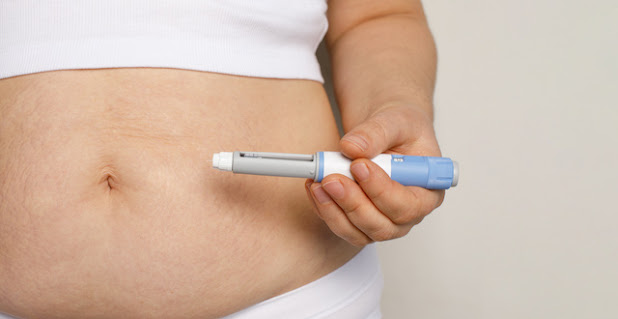How Much Weight Can You Lose With Liposuction?
Liposuction is one of the most popular cosmetic procedures for body contouring, and many people are curious about its effectiveness in weight loss. While it’s important to understand that liposuction is not a weight-loss solution, it can help sculpt and reshape your body by targeting localized fat deposits that don’t respond well to diet and exercise. If you’ve been considering liposuction, particularly in a place like Dubai, you might also be wondering about the Liposuction Cost in Dubai and how much weight you can actually lose with the procedure. Let’s dive deeper into how liposuction works and what you can realistically expect in terms of weight loss.
What is Liposuction?
Liposuction is a surgical procedure that removes fat from specific areas of the body, such as the abdomen, thighs, arms, and love handles. The procedure uses a suction technique to eliminate fat cells, leading to a more contoured and toned appearance. Although it is not a treatment for obesity, liposuction can improve body shape by targeting stubborn fat deposits that are resistant to diet and exercise.
Can Liposuction Help You Lose Weight?
One of the most common misconceptions about liposuction is that it’s a weight-loss solution. In reality, liposuction is not intended to help you lose a significant amount of weight. The procedure is designed to sculpt and contour the body, removing fat from areas that may be disproportionate to the rest of your body. Typically, a surgeon will remove between 1 and 5 liters (about 2.2 to 11 pounds) of fat during liposuction, but the exact amount can vary depending on the individual and the area being treated.
It's crucial to understand that liposuction focuses on body contouring rather than significant weight reduction. While you may see a noticeable difference in your shape and size, the amount of weight lost is relatively modest. Liposuction is ideal for individuals who are already at or near their goal weight but have localized fat pockets that don’t respond well to exercise or diet changes.
Factors Affecting Weight Loss During Liposuction
Several factors determine how much fat can be safely removed during liposuction, including:
- Area Being Treated: Larger areas like the abdomen and thighs can typically accommodate more fat removal compared to smaller areas like the chin or arms.
- Individual Body Composition: The amount of fat you have in the targeted area plays a significant role. Those with more fat in a specific region may be able to remove more fat.
- Health and Weight: Liposuction is not recommended for people who are significantly overweight. It's best suited for individuals who are already in good health and maintain a stable weight.
Is Liposuction a Long-Term Solution?
While liposuction permanently removes fat cells from the treated area, it’s important to maintain a healthy lifestyle to prevent the remaining fat cells from enlarging. If you gain weight after the procedure, it will likely be distributed across the body, but some areas may see more fat accumulation. To maintain the results of liposuction, regular exercise and a balanced diet are crucial.
What Are the Risks of Liposuction?
Like any surgery, Liposuction Dubai comes with potential risks, including complications from anesthesia, infection, and changes in skin sensation. However, these risks are relatively rare when the procedure is performed by a qualified surgeon. It’s essential to have realistic expectations and understand that liposuction is a cosmetic procedure that should be viewed as part of an overall approach to health and body confidence.
Final Thoughts: Is Liposuction Right for You?
If you're considering liposuction, it’s important to remember that it is not a weight-loss solution but a body contouring procedure. For those looking to target stubborn fat that won't budge with exercise and diet, liposuction can offer a more defined and toned appearance. However, it is most effective when combined with a healthy lifestyle and should not be relied upon as a way to lose large amounts of weight.
.jpg)
.jpg)
.jpg)


Comments
Post a Comment